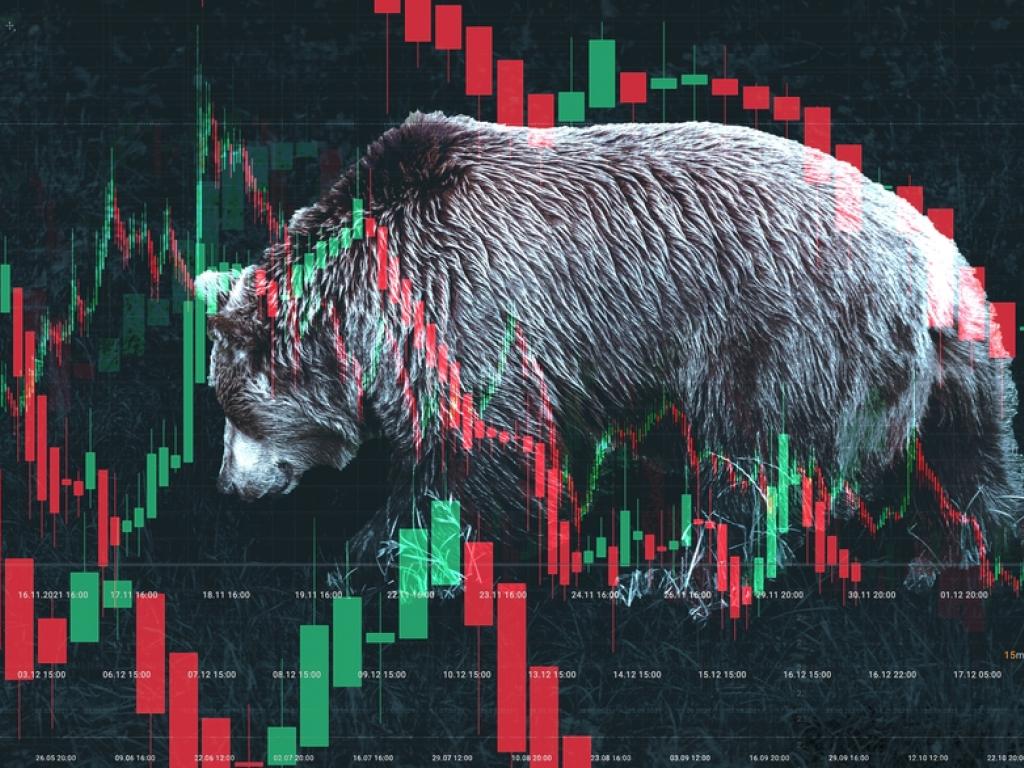Veteran Wall Street investor Ed Yardeni downplayed the risk of an imminent recession but warned that the disappearance of bearish sentiment is a contrarian signal about the sustainability of the bull market.
Yardeni emphasized that recent weak economic data has paradoxically boosted stock prices because investors have interpreted the bad economic news as an increased likelihood that the Federal Reserve will cut interest rates soon.
“Signs that the Fed may soon cut the federal funds rate sent stocks soaring despite weak economic data,” Yardeni said.
Yardeni highlighted the underlying weakness in economic indicators such as the Citigroup Economic Surprise Index, which fell to minus 46.8 on Friday – above the lowest level of the last recession – but could be trending downward.
“We’re not convinced this will lead to a recession so severe that the Fed would have to cut the federal funds rate to avoid it,” the veteran investor said.
Yardeni estimated there was a 25% chance of a rate cut in July and a 40% chance of a cut in September or November.
He noted that whether President Donald Trump or Joe Biden wins the next election, fiscal and trade policies are likely to be inflationary next year, with both candidates discussing higher tariffs and President Trump seeking to extend the 2017 tax cuts beyond their 2025 expiration.
Even though the S&P 500, which the SPDR S&P 500 ETF Trust (NYSE:SPY) tracks, is above Yardeni’s year-end target of 5,400, Yardeni isn’t ready to raise his target. “I haven’t raised my year-end target for the S&P 500 yet,” he said, acknowledging the index’s strength.
Yardeni is re-examining his projections and thinks his estimates of 6,000 by the end of 2025, 6,500 by the end of 2026, and 8,000 10 years from now may be too conservative.
Yardeni noted that some long-time bearish investors may have missed out on the recent bull market because they remained bearish during the recessionary period from early 2022 through October 2022. Despite the recession predictions, Yardeni suggested that things could be different this time around, with inflation moderating significantly and the Fed able to cut rates to avoid a recession, eliminating the need to guide interest rates to tame inflation.
Yardeni also pointed to notable changes among investment strategists, including the departure of Marko Kolanovic at JPMorgan and Piper Sandler’s Michael Kantrowitz’s decision to stop publishing year-end targets for the S&P 500.
Yardeni sees these developments as potential bearish signals from a contrarian perspective, emphasizing that “we need more bears to keep the bull market going.”
Yardeni noted that Investor Intelligence’s bull/bear ratio was 3.73 for the week of July 2, with the percentage of bulls rising to 63.1% and the percentage of bears falling to 16.9%.
Read now:
Bank of America expects rate cut request if June inflation report is ‘further confidence-building’
Photo: rzoze19 via Shutterstock



